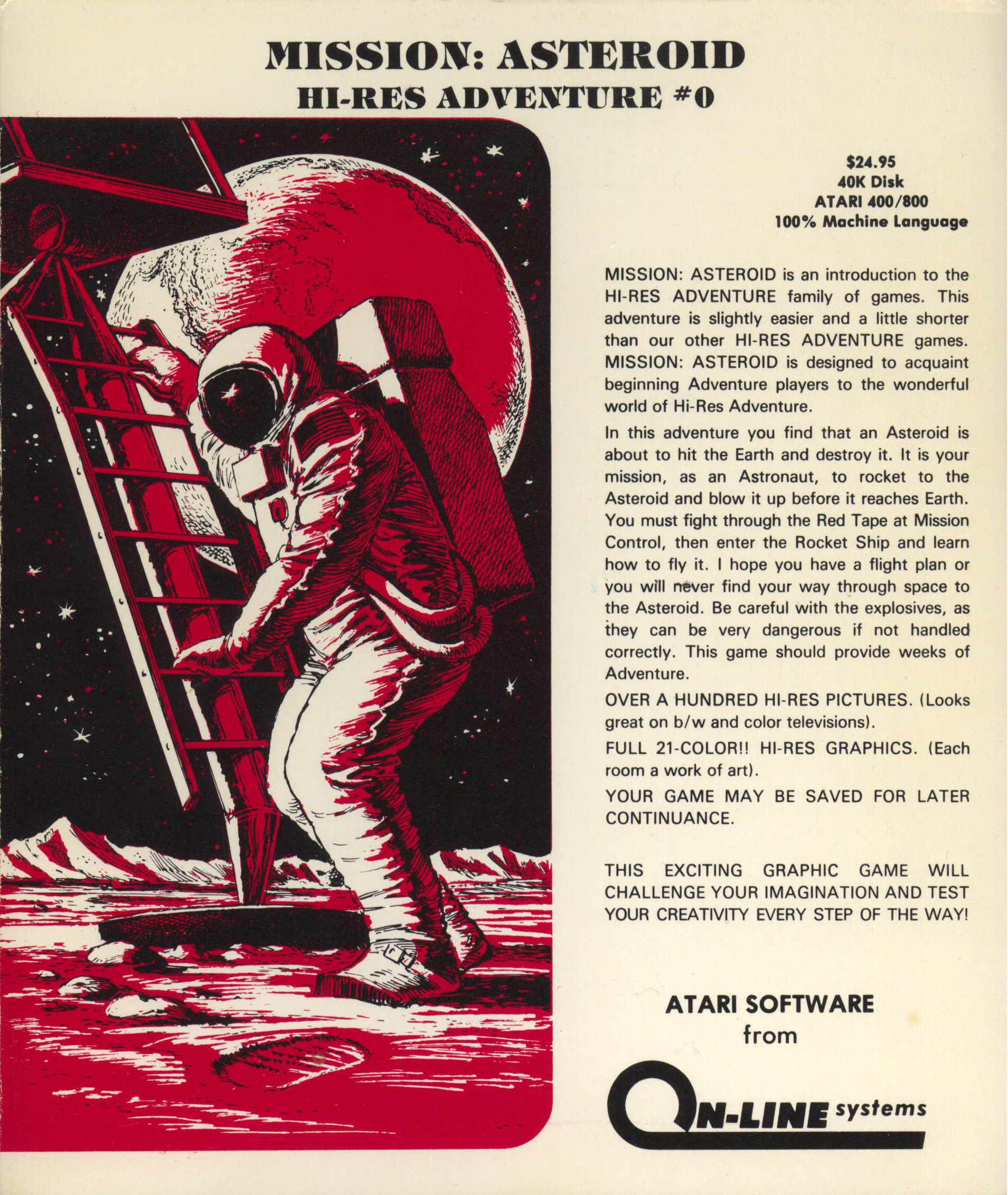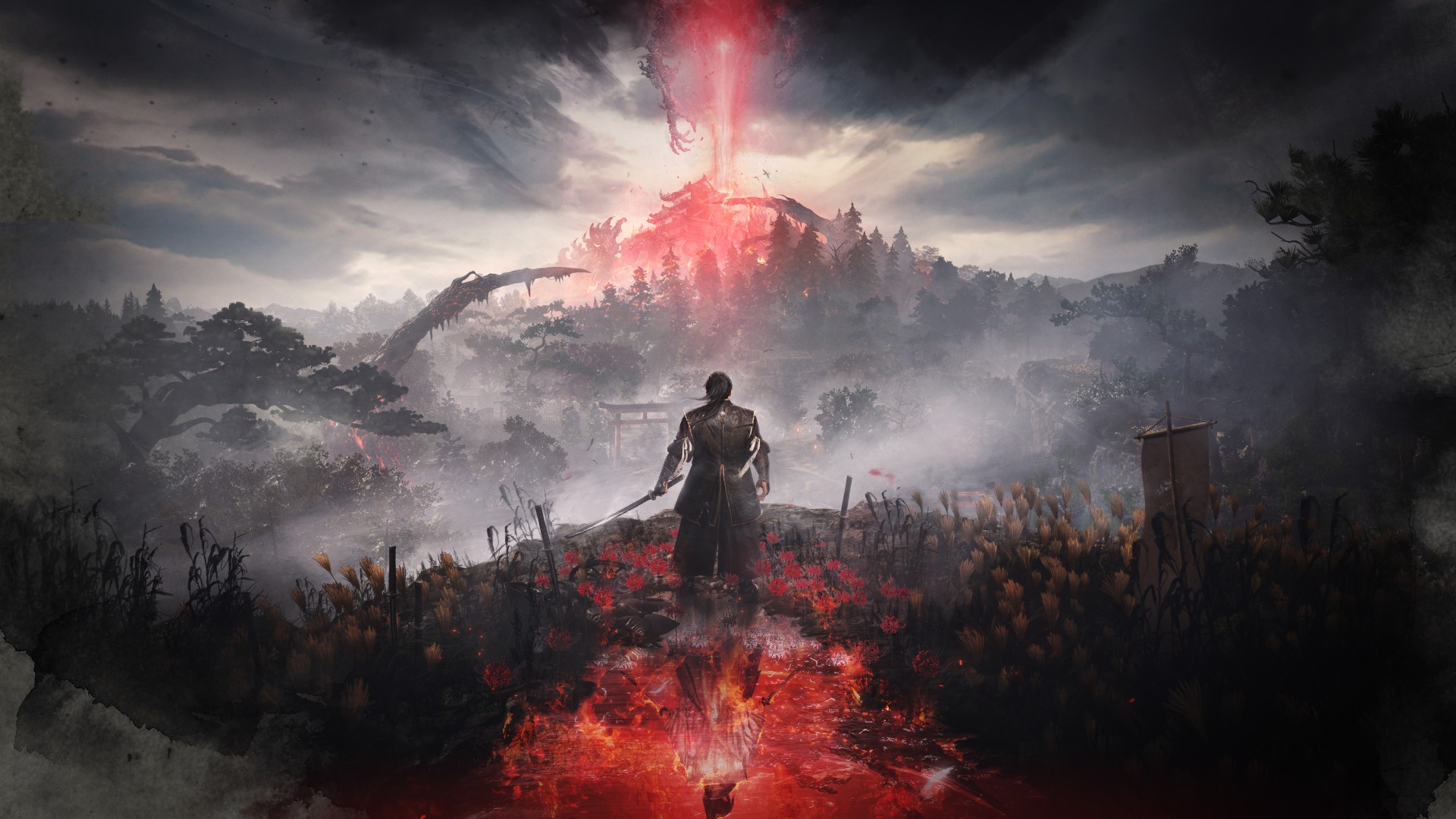I just learned that before the internet, 'online' actually meant 'offline' and it's turned my world upside down
Back in the '80s, "up" meant "online" BUT THERE WAS ALSO "ON-LINE!!!"
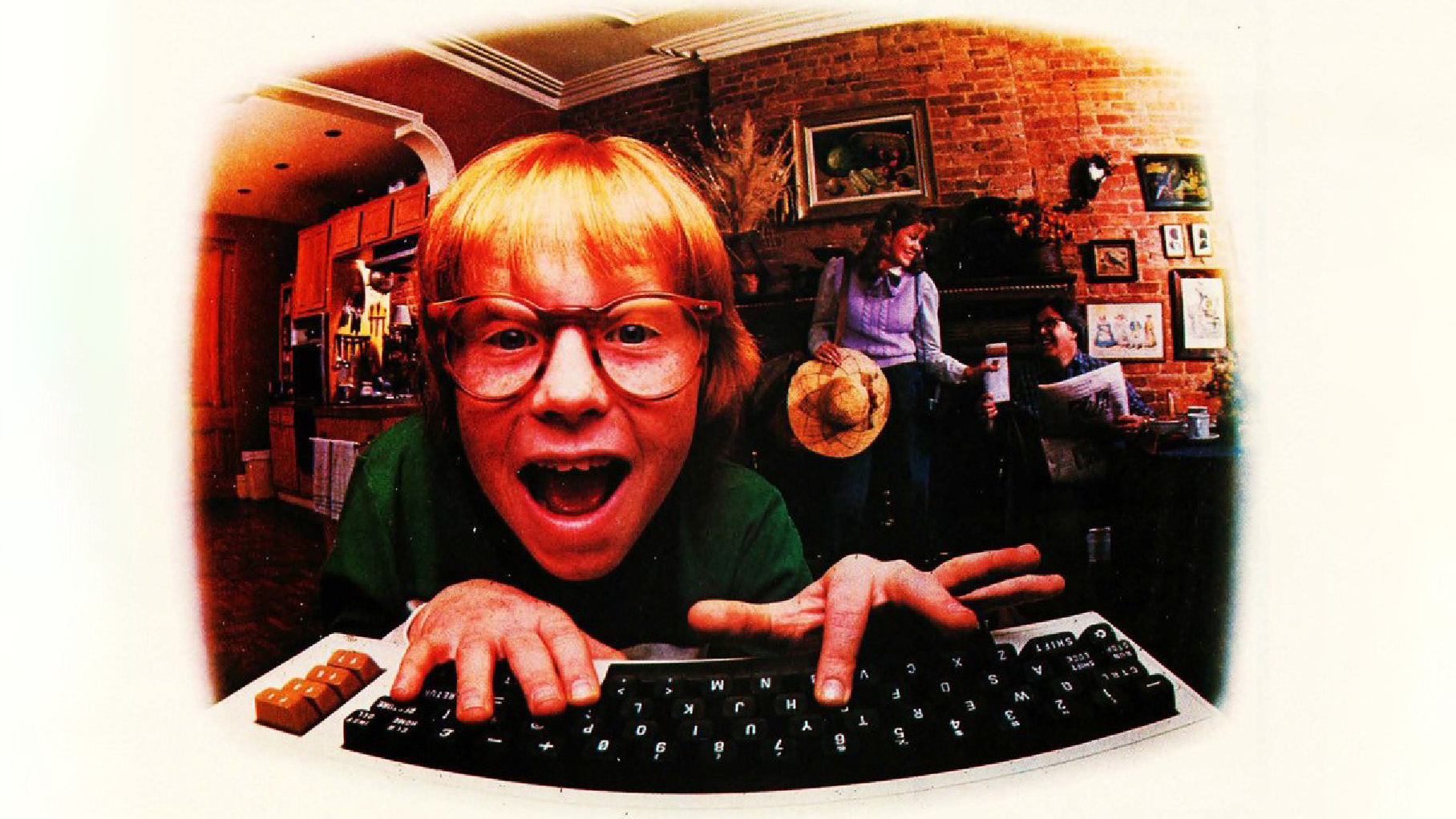
Keep up to date with the most important stories and the best deals, as picked by the PC Gamer team.
You are now subscribed
Your newsletter sign-up was successful
Want to add more newsletters?

Every Friday
GamesRadar+
Your weekly update on everything you could ever want to know about the games you already love, games we know you're going to love in the near future, and tales from the communities that surround them.

Every Thursday
GTA 6 O'clock
Our special GTA 6 newsletter, with breaking news, insider info, and rumor analysis from the award-winning GTA 6 O'clock experts.

Every Friday
Knowledge
From the creators of Edge: A weekly videogame industry newsletter with analysis from expert writers, guidance from professionals, and insight into what's on the horizon.

Every Thursday
The Setup
Hardware nerds unite, sign up to our free tech newsletter for a weekly digest of the hottest new tech, the latest gadgets on the test bench, and much more.

Every Wednesday
Switch 2 Spotlight
Sign up to our new Switch 2 newsletter, where we bring you the latest talking points on Nintendo's new console each week, bring you up to date on the news, and recommend what games to play.

Every Saturday
The Watchlist
Subscribe for a weekly digest of the movie and TV news that matters, direct to your inbox. From first-look trailers, interviews, reviews and explainers, we've got you covered.

Once a month
SFX
Get sneak previews, exclusive competitions and details of special events each month!
Words change meaning at lightning speed in the modern memetic internet era; if you're over the age of 30 and not terminally online, Gen Z / Alpha lingo is probably going to lose you somewhere between "cap" and "six-seven." Slang may spread faster these days, but on the flip side, here's a piece of trivia that is probably outright brain-melting for anyone born after the dawn of the internet:
"Online" actually used to mean "offline."
What the heck, right? I'm old enough to have used my dad's PC to play games a few years before we got a dial-up internet connection at home, but I'm still too young to have ever internalized what "online" meant before the world wide web. Reading a recent blog by longtime Windows developer Raymond Chen, I realized that when '80s computer geeks used the term, its meaning was completely flipped.
"The term 'online' originally meant 'immediately available on a computer," Chen wrote, explaining why Windows 3.0 (which was released in 1990) included WinHelp, a program built for browsing "online" help files. Chen's explanation continues:
"If you are working on a system with hierarchical storage, the 'online' files are the ones that are accessible right now, and the 'offline' files are the ones that have been archived to tape and will take some time to retrieve and make online. The term 'online help' refers to the fact that the help files are readily available on your computer. You don't have to go dig through your shelves looking for a manual."
Okay, now for the really heady part: if "online" meant "offline" back then (or, more accurately, "available locally,") what was the '80s word for online? Windows 3.0 may have predated the internet as we know it, but computers were still being connected across networks long before 1990. ARPANET dates back to the late 1960s, and nerds were flaming each other on BBSes and Usenet by the 1980s.
"Back in the day, a computer that was accessible via a network or some other remote connection was generally called 'up,' rather than 'online,'" Chen wrote. "Officially, 'up' referred to whether the computer was running at all, but since these types of computers (mainframes or timesharing systems) had as their sole purpose to be connected to by other computers, being 'up' was useless if they weren’t also open to connections."
Keep up to date with the most important stories and the best deals, as picked by the PC Gamer team.
I'd say this use of "up" still probably makes sense to most people today; even without thinking about old mainframe connections, lots of folks say the wi-fi is "down" when you can't access the internet and "back up" when connectivity is restored.
But is it really so black and white as "online" flipping meanings as soon as the world wide web came around? Not exactly—this is where "on-line" enters the chat.
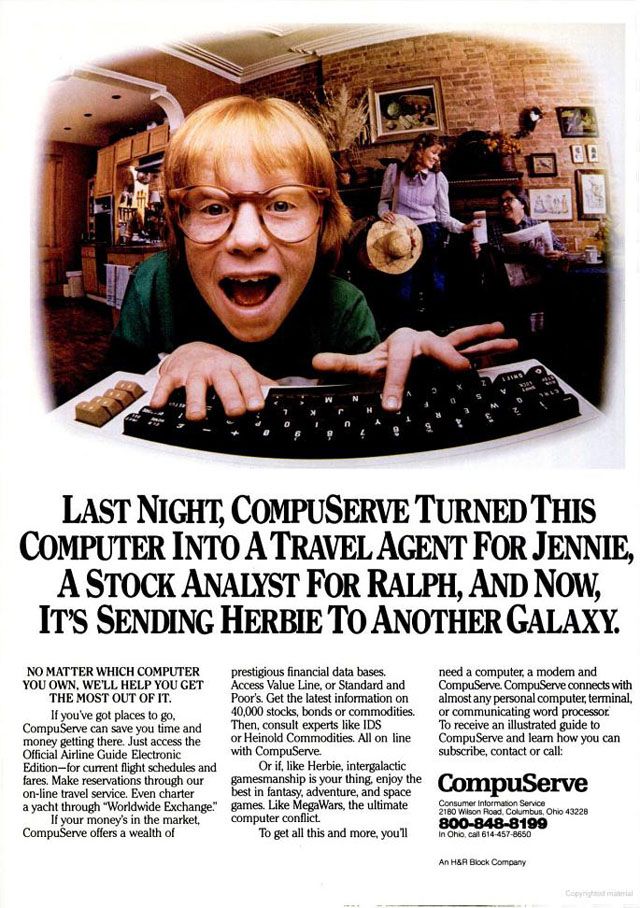
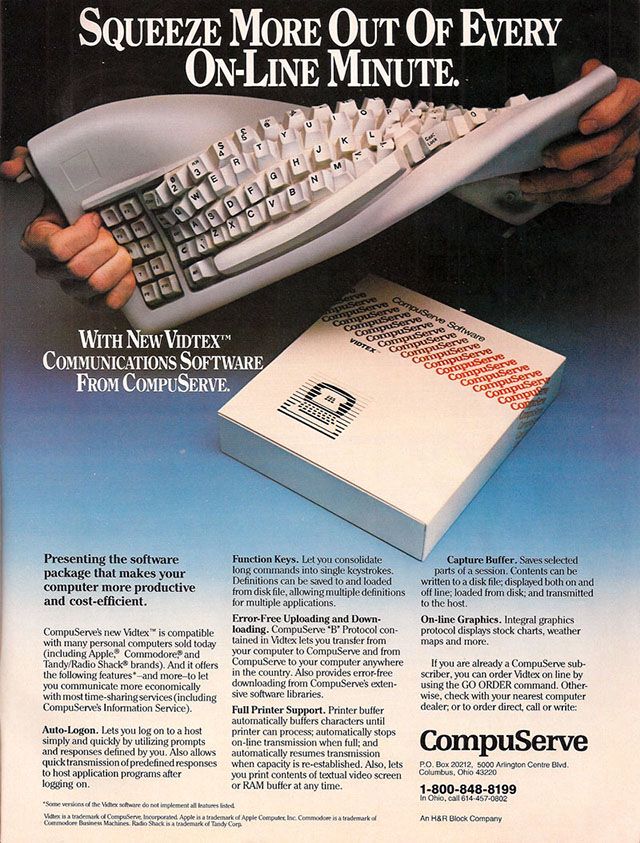
Looking back at ads for early, pre-web systems like CompuServe and The Source, you'll see the use of "on-line" fairly often. At the time the hyphen made literal sense—you were, after all, connected over a phone line. Before adventure game company Sierra Entertainment was called that, it was called Sierra On-Line, and it was actually founded in 1979 under the name On-Line Systems.
"I had become an expert in working with computers that were accessed via remote terminals," founder Ken Williams wrote in his book about the history of Sierra. In the late 1970s Williams consulted for a number of companies before discovering the teletype game Colossal Cave Adventure inspired him and wife Roberta Williams to make games of their own.
"My work at one of those companies required that I take home a teletype that would allow me to write code for some unseen remote computer… To use the teletype I had to load a program from paper tape, then use an acoustic modem to connect to a remote computer. The modem was a little gadget that would transmit data as sound. The sounds were a little like morse code in that seemingly random beeps and boops would represent data being sent as audible sound over a phone line."
In '80s computing magazines like InfoWorld, you can see the dueling meanings of "online" and "on-line" butting up against each other in their own time. Take this issue from August 1984: there's an ad for word processing software Edix that refers to its "online help," clearly meaning it was available within the program (offline!) in the same way Chen referred to WinHelp. (Page 10 in the embed below).
But there's also an article dedicated to a California restaurant planning to "go on-line with its prizewinning wine list" with an "electronic bulletin board and wine club we're calling 'On-Line Wine,'" the restauranteur said. (Page 24, below).
It makes sense that eventually the two different definitions became too confusing, and "on-line" eventually won out as the dominant meaning, earning the right to ditch its hyphen. But I think we could probably still get a really good who's on first routine going between someone who got started using computers in the 1980s and someone who's never used a computer without a wi-fi connection. Surely hilarious confusion would ensue before they eventually found common ground in finding out where the name "wi-fi" came from.
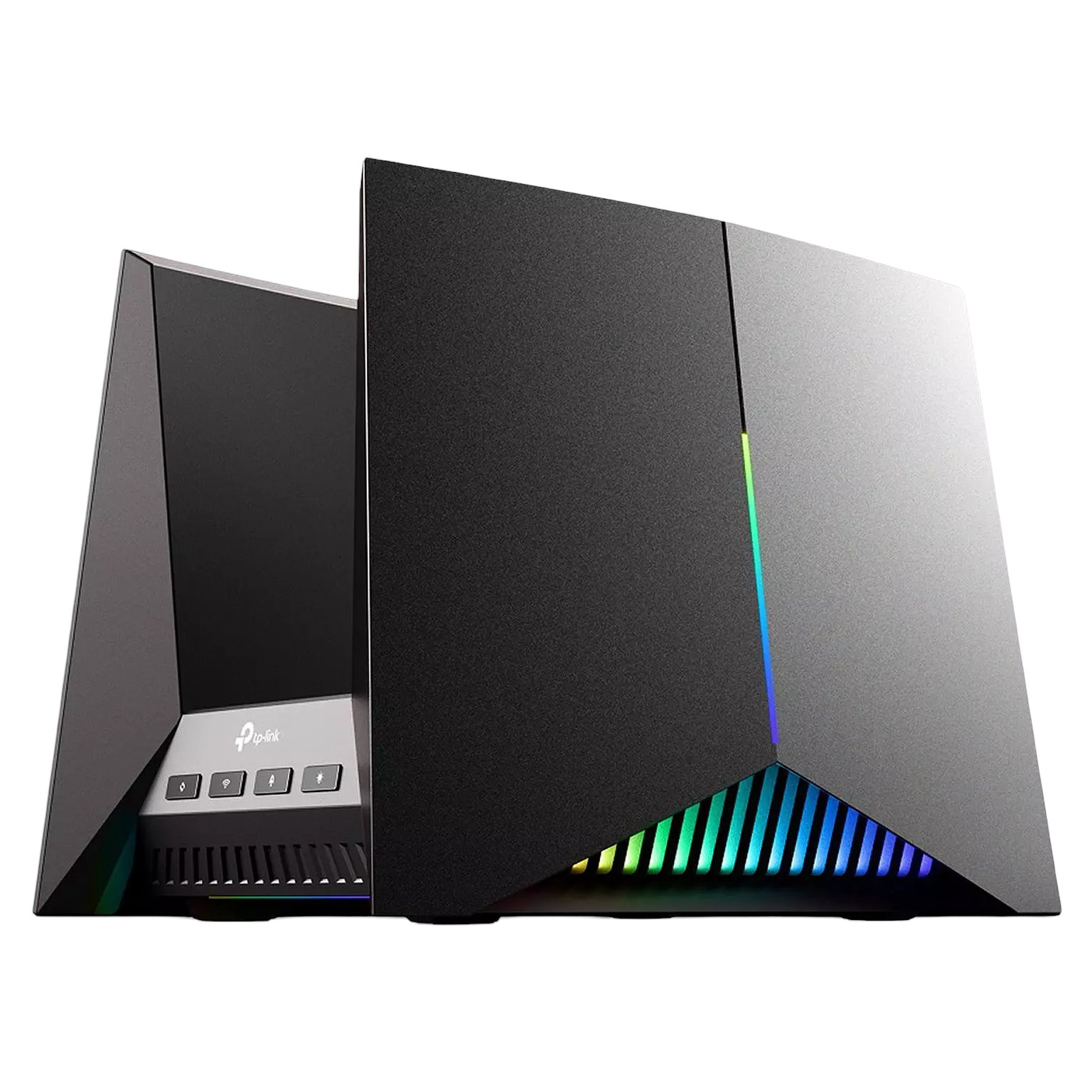
1. Best overall: TP-Link Archer GE800
2. Best mid-range: TP-Link Archer BE9700
3. Best budget: Asus TUF AX4200
4. Best mesh: TP-Link Deco BE68
5. Best budget mesh: TP-Link Deco BE25
6. Best for wired: Asus RT-BE88U
7. Best Wi-Fi 6E: TP-Link Archer AXE75
👉Check out our full gaming router guide👈

Wes has been covering games and hardware for more than 10 years, first at tech sites like The Wirecutter and Tested before joining the PC Gamer team in 2014. Wes plays a little bit of everything, but he'll always jump at the chance to cover emulation and Japanese games.
When he's not obsessively optimizing and re-optimizing a tangle of conveyor belts in Satisfactory (it's really becoming a problem), he's probably playing a 20-year-old Final Fantasy or some opaque ASCII roguelike. With a focus on writing and editing features, he seeks out personal stories and in-depth histories from the corners of PC gaming and its niche communities. 50% pizza by volume (deep dish, to be specific).
You must confirm your public display name before commenting
Please logout and then login again, you will then be prompted to enter your display name.
